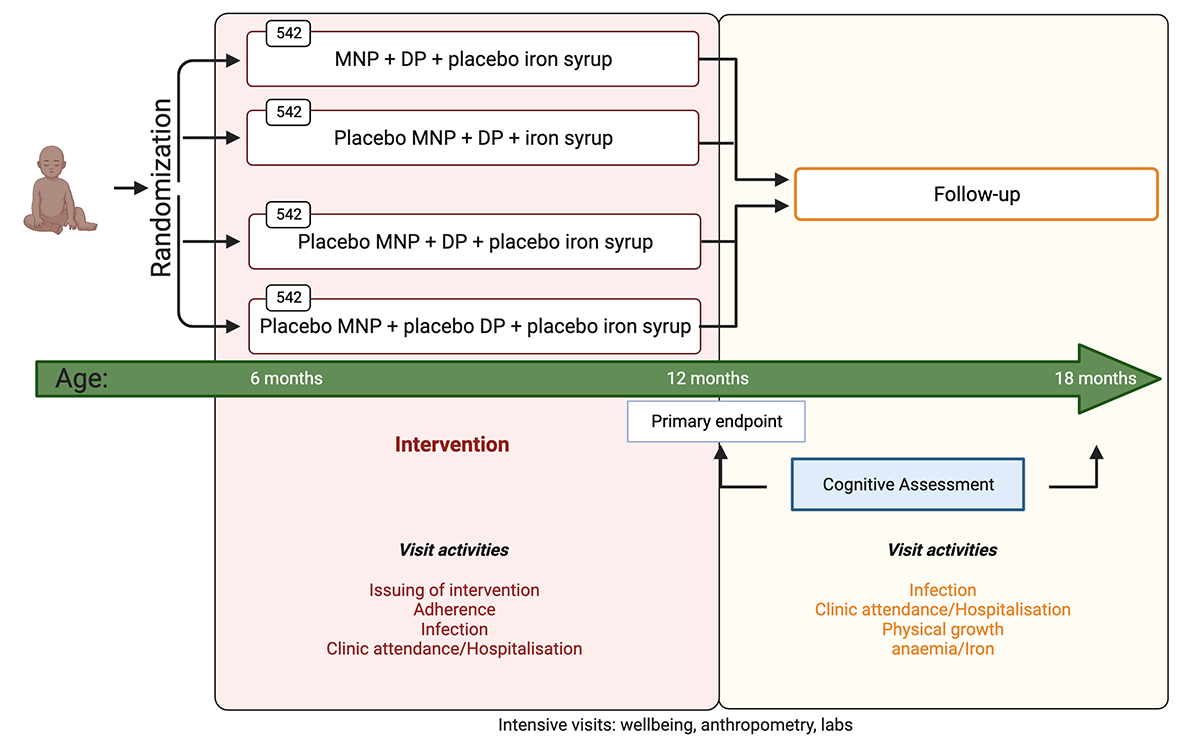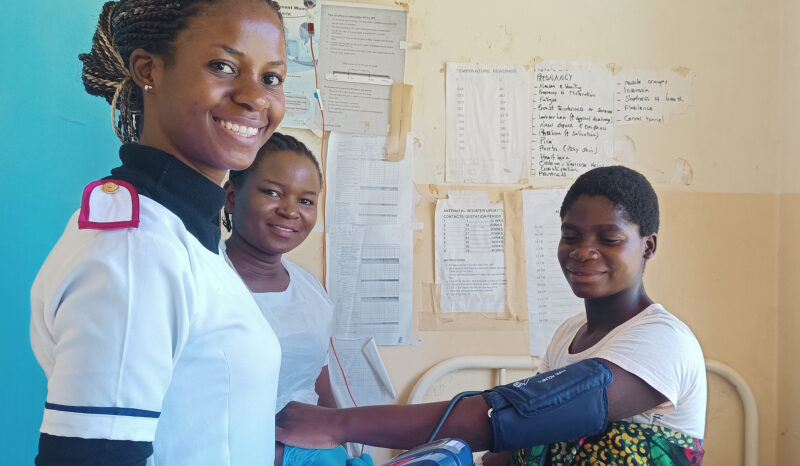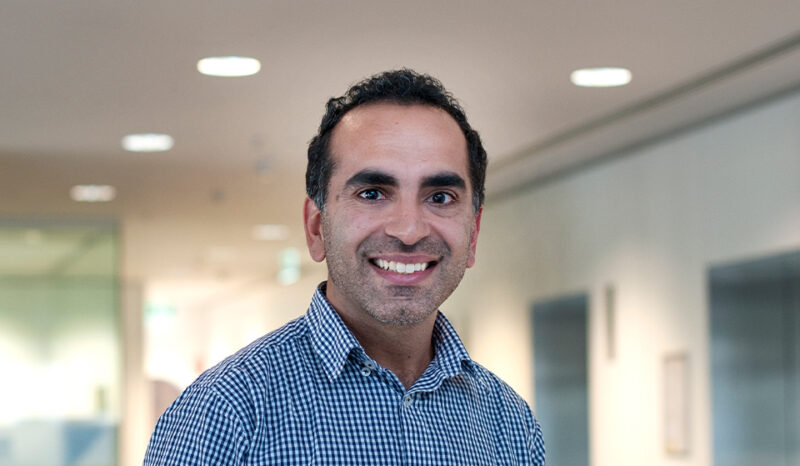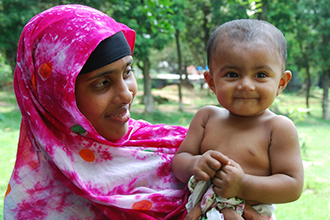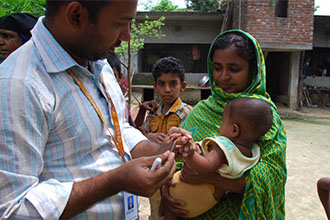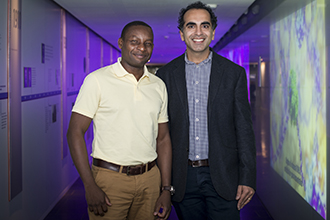Professor Sant-Rayn Pasricha, Principal Investigator, Population Health and Immunity Division, WEHI
Professor Kamija Phiri, Principal Investigator, Training and Research Unit of Excellence, College of Medicine
Dr Martin Mwangi, Trial Manager, Training and Research Unit of Excellence, College of Medicine
Dr Glory Mzembe, Team Coordinator, Training and Research Unit of Excellence, College of Medicine
Dr Ricardo Ataide, Trial Manager, Population Health and Immunity Division, WEHI
Chikondi Ngwira, Team Coordinator, Training and Research Unit of Excellence, College of Medicine
Maclean Vokhiwa, Neuro Assessment Coordinator, Training and Research Unit of Excellence, College of Medicine
Sabine Braat, Senior Trial Statistician, Population Health and Immunity Division, WEHI
Dr Alistair McLean, Trial Statistician, Population Health and Immunity Division, WEHI
Dr Owen Mtambo, Head of Data Science Department, Training and Research Unit of Excellence, College of Medicine
Mary Magoya, Senior Data Officer, Training and Research Unit of Excellence, College of Medicine
Ruth Mangisa, Data Officer, Training and Research Unit of Excellence, College of Medicine
Naomi Von Dinklage, Program Coordinator, Population Health and Immunity Division, WEHI


